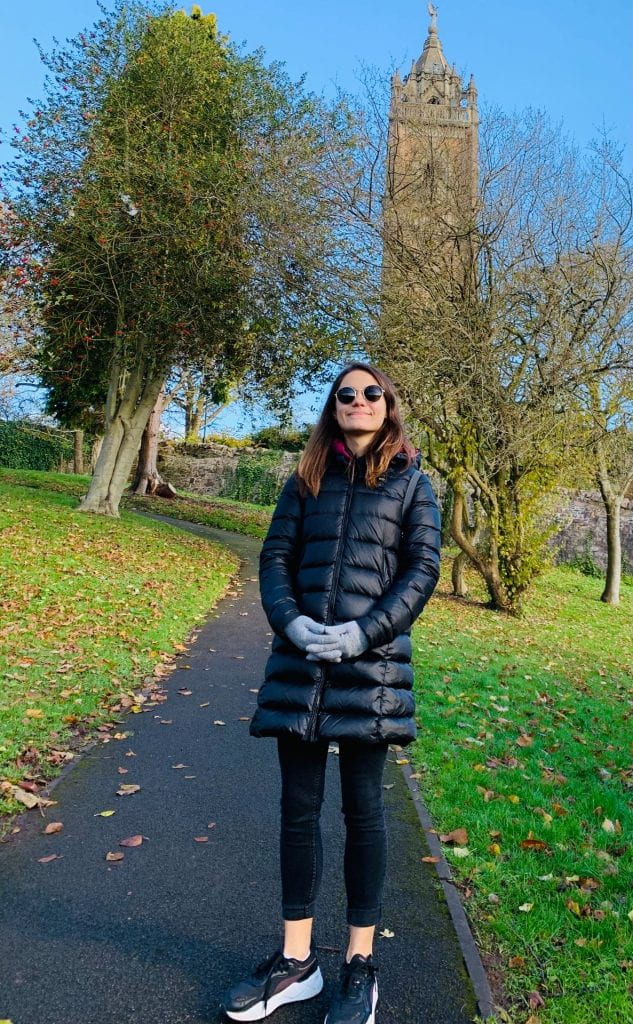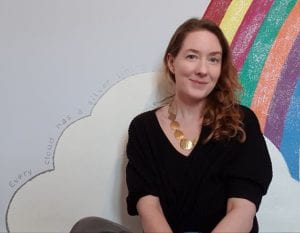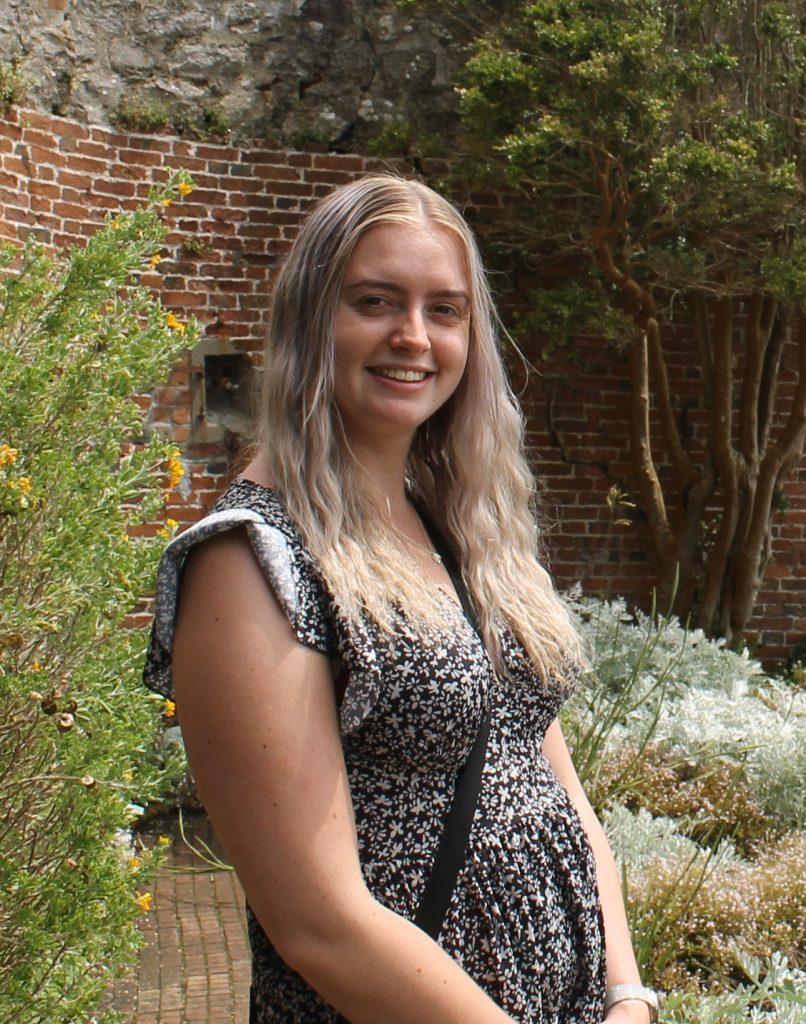
by Carys James, Veterinary Sciences student and Bristol Futures Advocate
The majority of note-taking by students is done digitally in today’s society, but for those of you who are more traditional and prefer a classic pen and paper style like me, please indulge yourself into my personal experience and tips.
When it comes to taking notes for lectures, I always find it best to print the lecture slides out at the beginning of each week, as this motivates me and makes me feel well-prepared. In my opinion, the best way to print lecture notes out is either 6 power point slides per A4 sheet, or 3 power point slides with lines next to each slide for you to make notes/annotations. Whichever style you choose will be a combination of personal preference based on the size of your handwriting and also dependent on how much individual lecturers add to the content of each of their lecture slides. The latter is something in which you will become more familiar with as you get to know your lecturers individually.
Now that you have printed your notes and organised them neatly into your bag ready to head to the lecture, you now need to consider the most effective way to actually write down the lecture content. I find that this is best approached with a ‘chunk and check’ method. This involves actively listening to the lecturer, making note of anything they are simply reading from their slides and differentiating it from anything extra they add which isn’t on the power point. The next step is to summarise anything they have added into shorter, paraphrased sentences or even abbreviations, for example, abbreviating gastro-intestinal tract into ‘GIT’. Finally, write these short sentences onto the printed lecture slides to complement and aid your understanding of what is written already.
When it comes to taking paper notes home, they can become easily jumbled or lost, so good organisational skills are key here. I find it best to split each of my units into different topics based on the ‘intended learning outcomes’ from my specific programme handbook and when I have attended/watched a specific lecture, I will place it into the correct topic which will be in a ring-binder folder. I also keep a list of each of the lectures for the year from the programme handbook and tick each lecture off as I place them into the folders. This makes it much easier to come back to and find specific topics you may want to focus on when it comes to revising for exams or making flash cards, etc.
One of my favourite things about taking paper notes is the fact that I don’t need to carry a heavy laptop around with me all day, what’s yours?

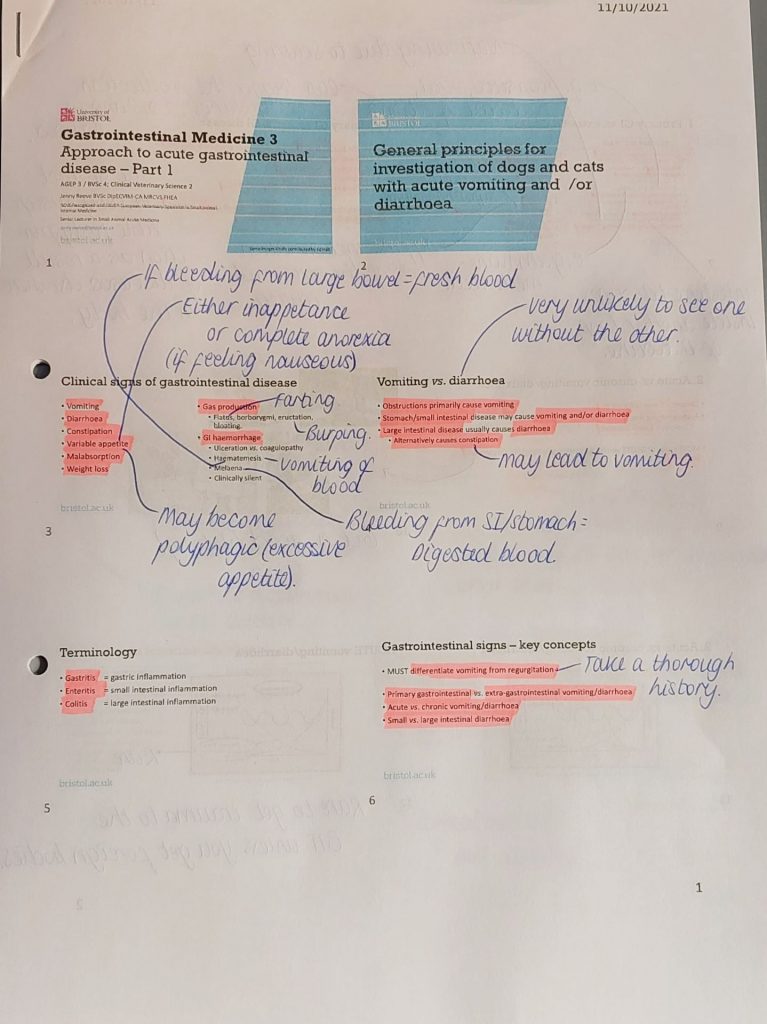
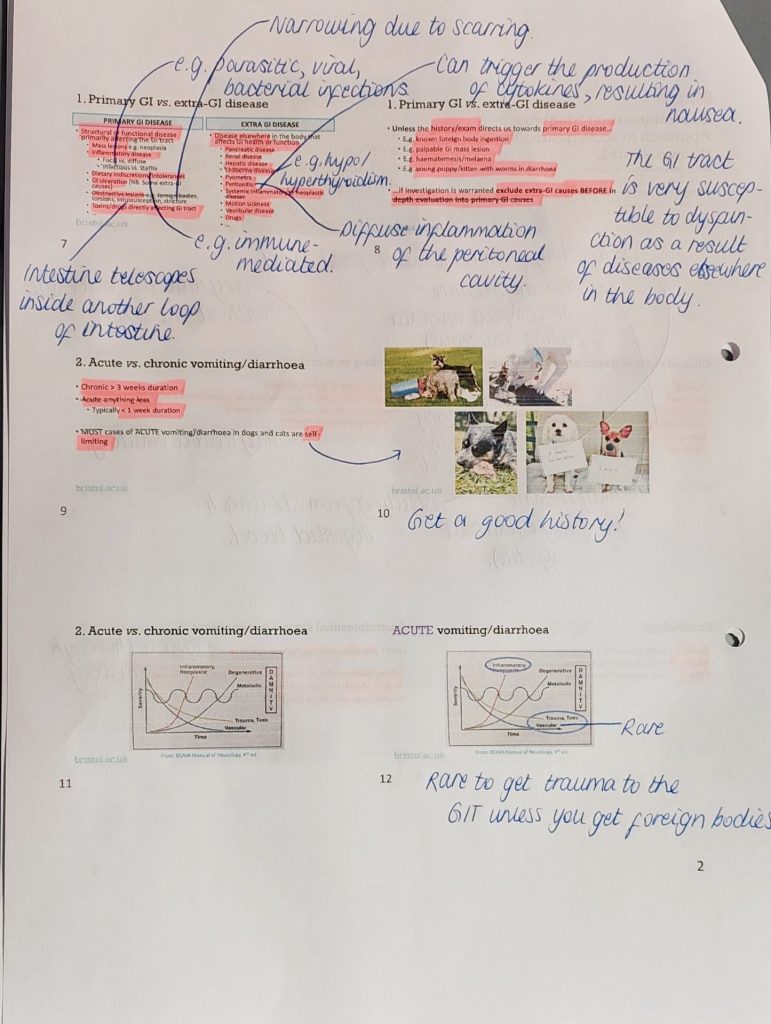
 by Tala Youhana, Law student and Bristol Futures Advocate
by Tala Youhana, Law student and Bristol Futures Advocate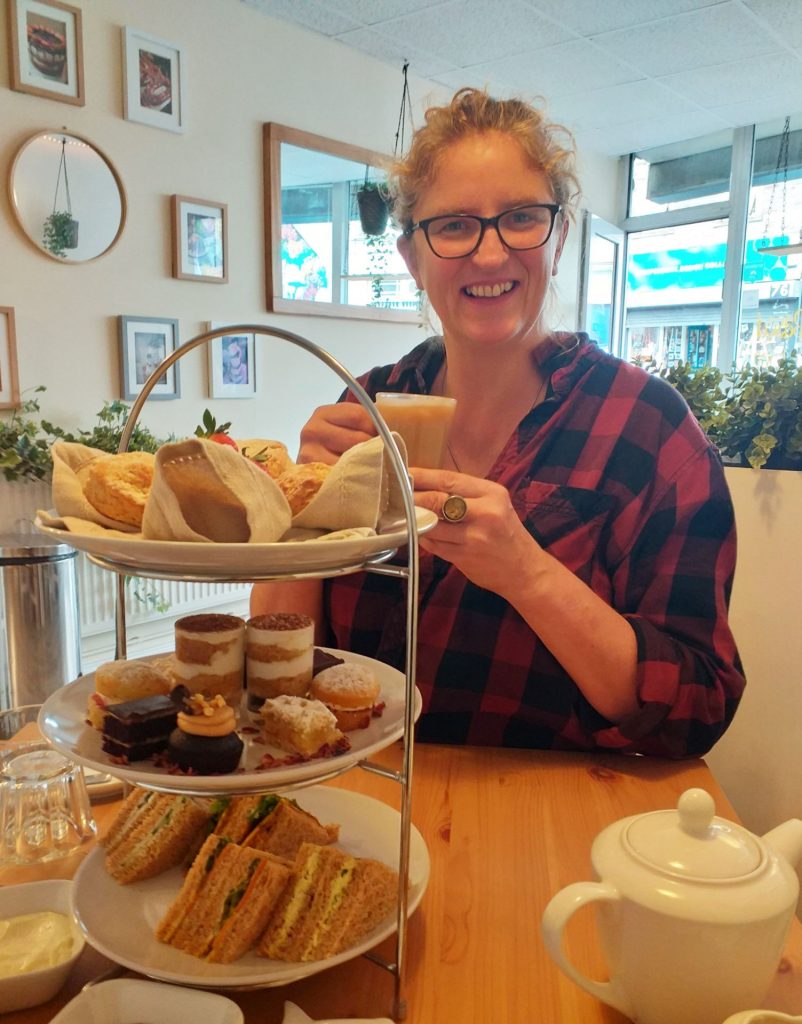
 By Molly Jackson, Translational Health Sciences student and Bristol Futures Advocate
By Molly Jackson, Translational Health Sciences student and Bristol Futures Advocate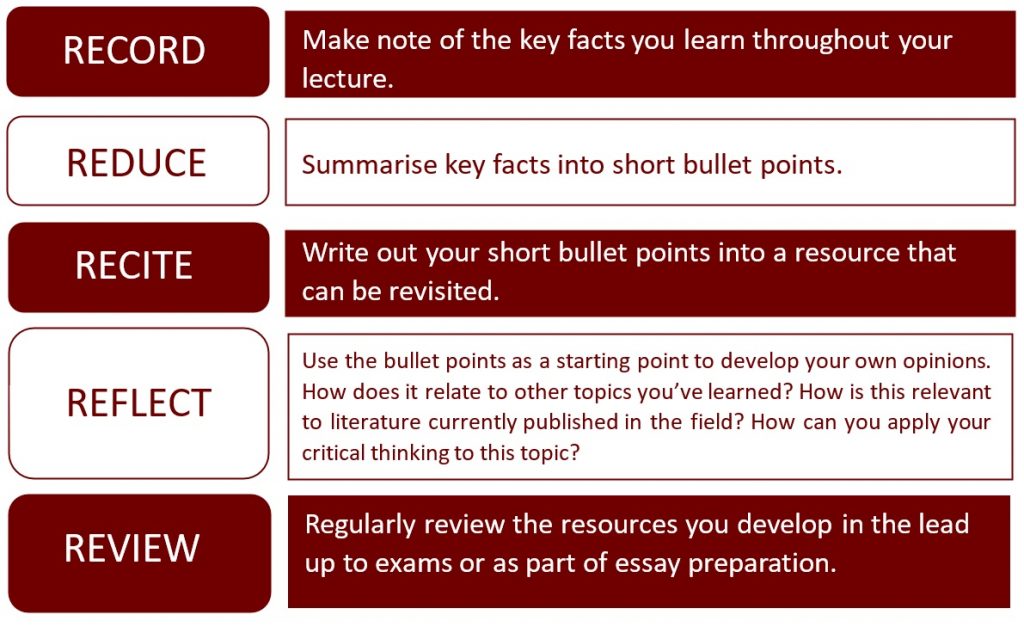
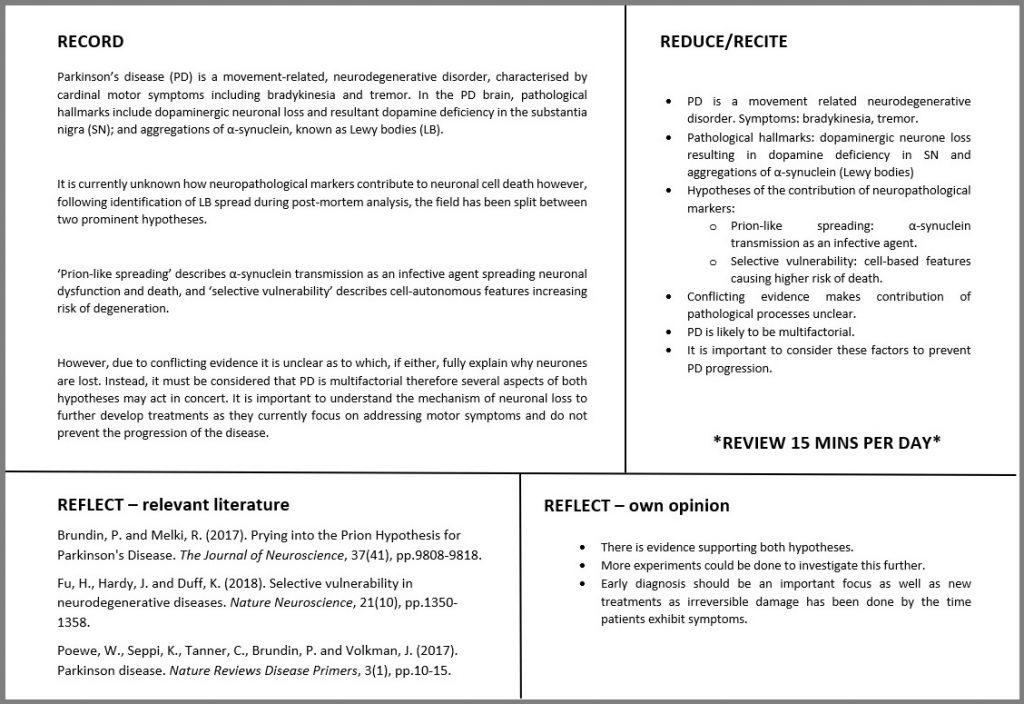

 We asked Iskandar Bin Suhaimi to reflect on his time as a Bristol Futures Student Advocate, promoting Bristol Futures and running peer-led
We asked Iskandar Bin Suhaimi to reflect on his time as a Bristol Futures Student Advocate, promoting Bristol Futures and running peer-led 

